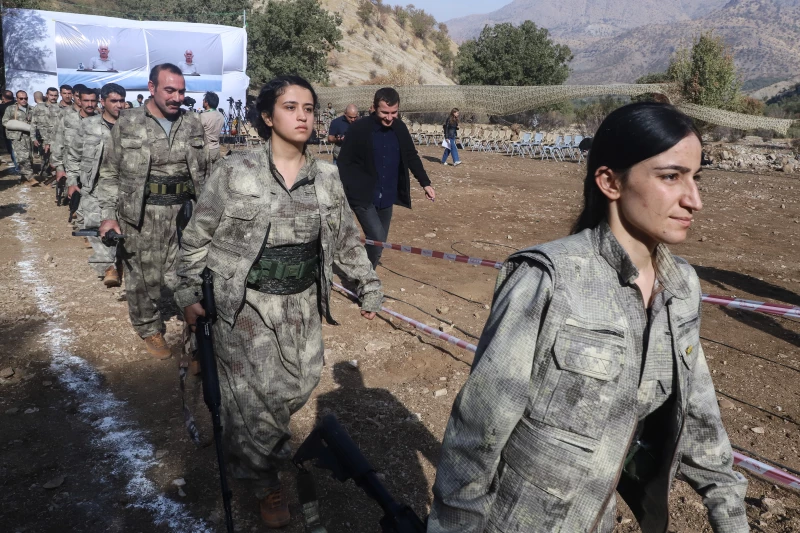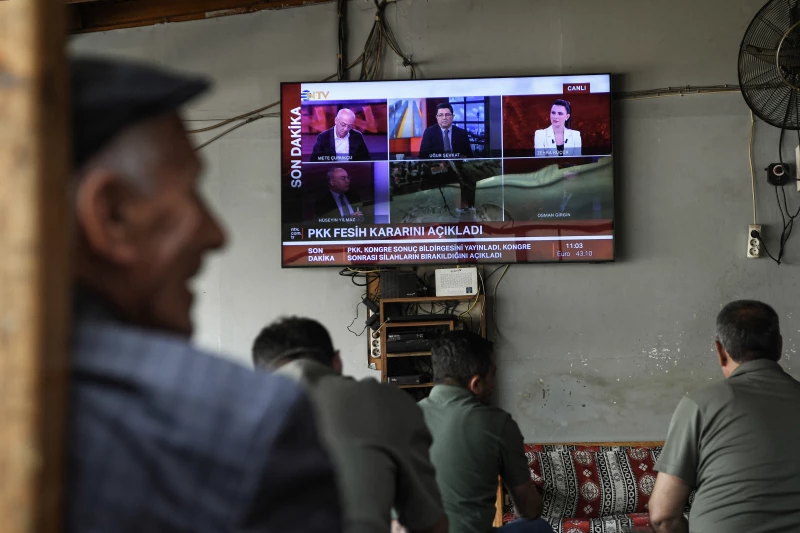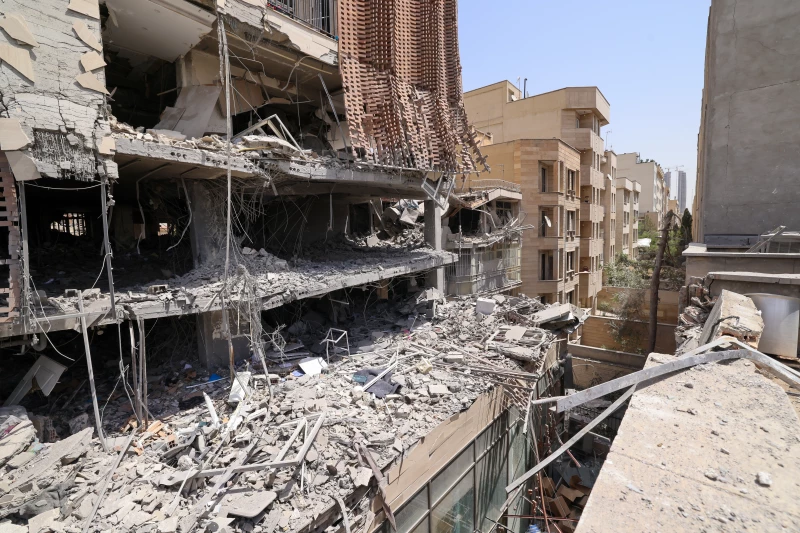The Kurdistan Workers’ Party (PKK)'s congress declaration on May 12 announcing the dissolution of the party and its decision to lay down arms was a historic event, to say the least. Although this declaration was anticipated following imprisoned leader Abdullah Ocalan’s recent call for the PKK to disband, the news that an organization so central to multiple generations of Kurds might cease to exist nevertheless sent shockwaves reverberating among Kurds across the wider region. The announcement has simultaneously generated hope, anxiety, and immense anticipation as to whether this process could lead to lasting peace in Turkey. If the declaration indeed translates into the end of the PKK’s armed struggle, ushering in a durable peace, it would mark a major turning point in both Turkish politics and regional geopolitics.
Yet significant challenges persist. First and foremost is the issue of trust, creating uncertainty around whether the PKK will fully commit to this declaration—a matter closely tied to whether Turkey will also uphold its end of the deal. For this process to succeed, both sides must act in good faith, but the opaque nature of negotiations makes predicting outcomes difficult. Particularly concerning is the absence of a clearly and publicly identified Turkish interlocutor, casting doubt on Turkey’s future steps. While some reports indicate potential reciprocal measures—such as amnesty for PKK guerrillas or relocating its leaders from Iraqi Kurdistan's Qandil Mountains to Turkey or other locations—no verifiable or public agreement yet exists.
Moreover, the PKK’s declaration left room to reverse course, conditioning its dissolution upon the establishment of “solid, comprehensive legal guarantees.” Its statement that "all activities conducted under the PKK name have therefore been concluded" further suggests the possibility of resurrecting the movement under a different guise if circumstances dictate. Even if the PKK dissolves in its current form, its impact on Kurdish and Turkish politics will persist, having laid a strong ideological foundation for the exercise of Kurdish political agency in Turkey.
Understanding the PKK’s motivations for this historic decision is crucial. Strategically, the organization has found itself in both military and political deadlocks. Militarily, since evacuating bases in Turkey and relocating its guerrillas to Iraqi Kurdistan in 2013—following another of Ocalan’s peace calls—the PKK has lost the capacity to effectively pressure the Turkish state, a precondition for any successful insurgency. The last decade has seen Iraqi Kurdistan transformed into the main battleground for the PKK-Turkey conflict, significantly diminishing the impact of the group’s armed activities.
Politically, despite the Kurdish political movement administering key Kurdish cities and holding parliamentary representation, they have faced intense pressure from Turkey’s ruling Justice and Development Party (AK Party), resulting in a political stalemate. However, the current peace efforts could reshape these hostile relations, potentially opening doors for Kurdish political actors to enter governing coalitions. Turkey’s Kurdish representatives should heed lessons from Iraqi Kurds: as a numerical minority, political influence is substantially enhanced through participation in governing coalitions rather than remaining in perpetual opposition. Coalition membership provides leverage for Kurds to advocate effectively for their constituencies.
Turkey has its own vulnerabilities too, both domestically and regionally, which drive it toward seeking some form of settlement with the PKK—especially now that the PKK has abandoned calls for an independent Kurdish state or even autonomy. At this point, peace with the PKK promises significant benefits for Turkey, particularly aiding President Recep Tayyip Erdogan's ambitions to enlist Kurdish support to extend his presidency beyond 2028. Regionally, in the highly fluid and volatile atmosphere post-October 7, reaching an agreement with the PKK in Turkey and the SDF in Syria would place Turkey in a stronger position to handle external challenges and potentially capitalize on ongoing regional transformations. These strategic vulnerabilities and impasses provide the key assurances—if any—that allow some cautious optimism about the peace process succeeding in Turkey.
The primary motivation behind the PKK’s historic step may extend beyond Turkey. Likely, the PKK aims to safeguard the Rojava administration and Syrian Democratic Forces (SDF) in northeast Syria, entities that Ankara perceives as direct PKK extensions. Should the PKK’s concession lead to preserving Rojava and positively transforming Kurdish political dynamics with Damascus and Ankara, the PKK’s dissolution would then achieve objectives transcending Kurdish interests within Turkey.
The question arises: How does this strategic shift relate to Turkey’s broader regional ambitions, particularly concerning its stabilization goals and gains in Syria? Regardless, a revitalized Kurdish political movement inside Turkey could become pivotal in shaping domestic politics, positioning Kurds as potential kingmakers, similar to their influential role in Iraqi politics between 2003 and 2014.
The dissolution also carries significant implications for Iraqi Kurdistan, notably regarding the Qandil Mountains, the PKK’s long-standing headquarters and crucial strategic territory bordering Iraq, Iran, and Turkey. Critical questions remain unanswered: Who will assume control of the strategically significant Qandil region? What implications does this hold for Turkish military presence and stability within the Kurdistan Region? In the event of peace with the PKK, will Turkey continue its existing support for the Kurdistan Regional Government (KRG) and the Kurdistan Democratic Party (KDP), or scale it back?
For decades—and particularly intensifying since 2015—Iraqi Kurdistan has endured the heaviest consequences of the PKK-Turkey conflict. The future of the strategic Qandil Mountain strip and the PKK infrastructure and facilities there is still uncertain. However, success in the peace process could significantly stabilize Iraqi Kurdistan by removing the principal justification for Turkish military operations there. To just provide a glimpse of the extent of Turkish military operations, in April, even as peace talks apparently continued, Turkey launched more than 200 strikes at PKK targets in Iraqi Kurdistan, per a local organization monitoring the conflict there. If Kurdish Peshmerga forces can subsequently assert effective control over this challenging terrain, it would further contribute to regional stability. Conversely, failure to do so could see Qandil's rugged landscape attracting new militant entities, including potential jihadist groups, drawn to its difficult-to-access nature.
The views expressed in this article are those of the writer and do not necessarily represent the position of The New Region

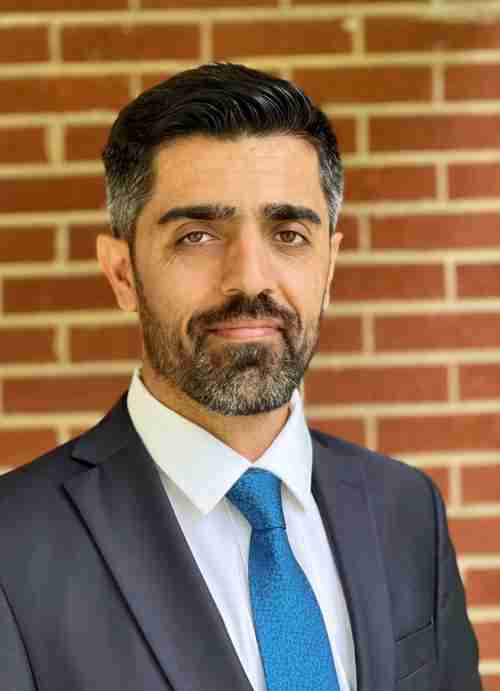
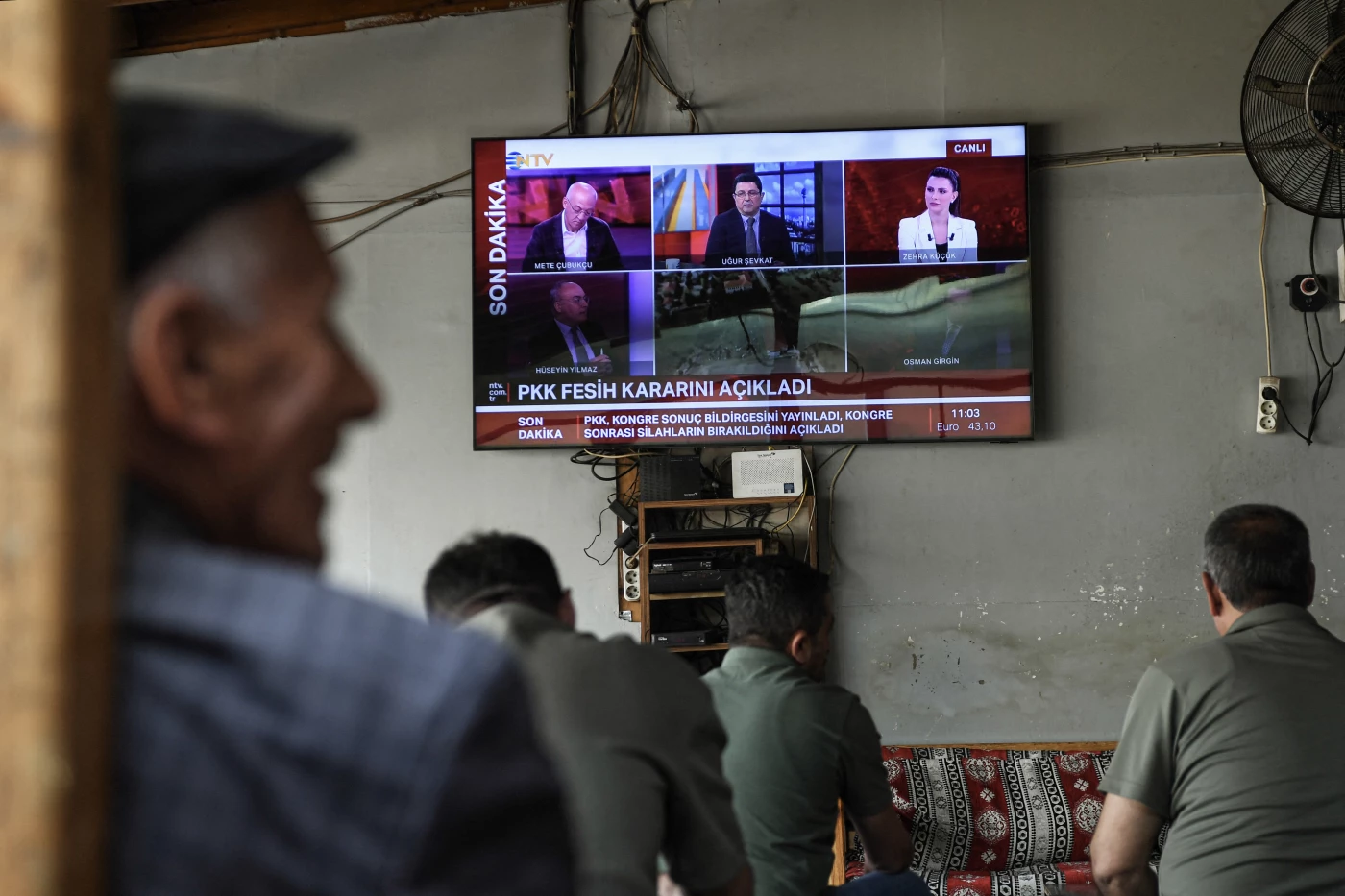
 Facebook
Facebook
 LinkedIn
LinkedIn
 Telegram
Telegram
 X
X
